In a world where everyone is being told to be careful of causing further damage to the earth, Japan is making a controversial move to go against that.
Japan has said it will carry out deep-sea mining operations within the next ten years, which has left many climate enthusiasts unimpressed.
The IUCN states that the deep sea mining process involves retrieving mineral deposits from the seabed around 200 meters deep.
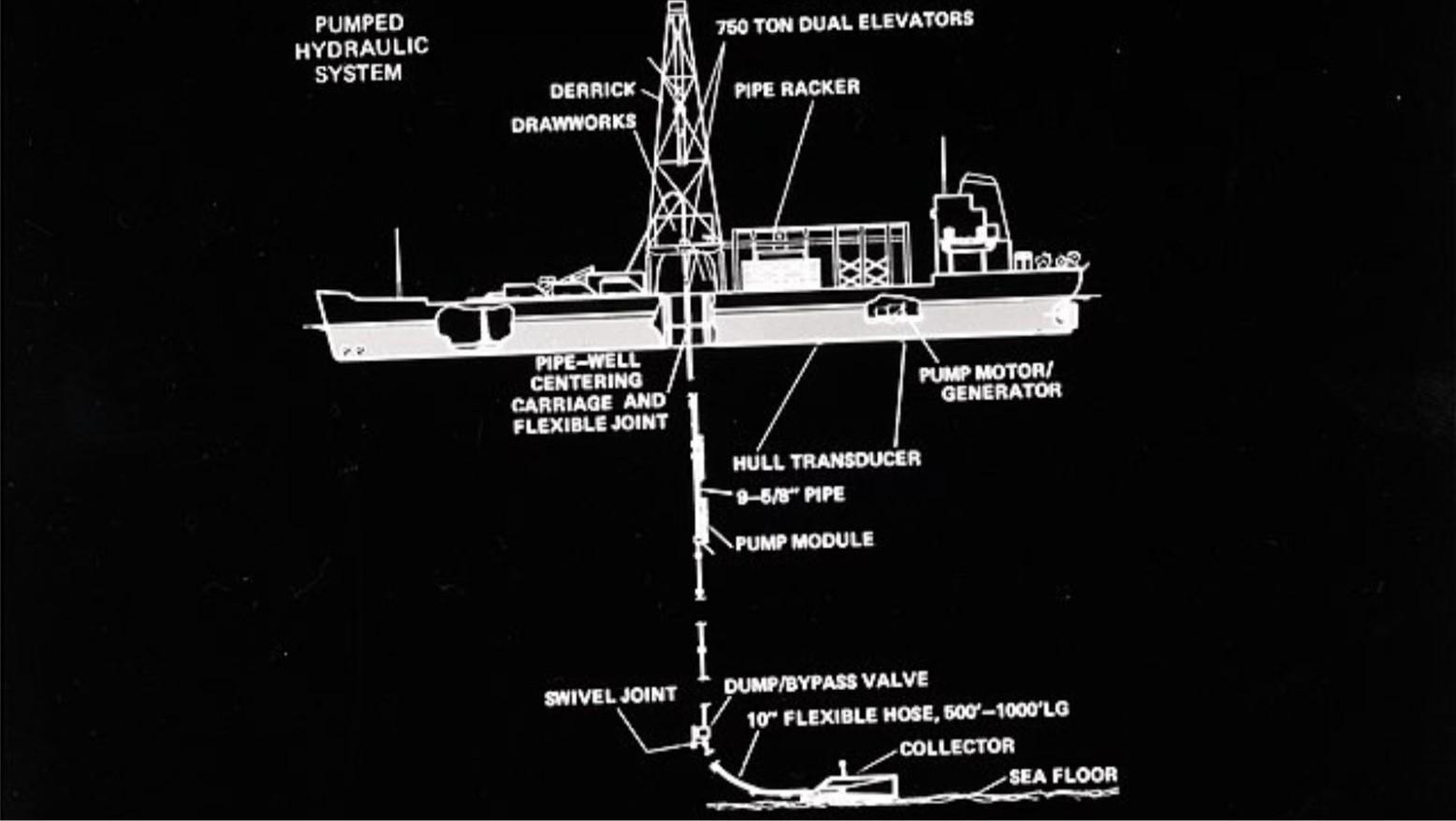
The IUCN states that the deep sea mining process involves retrieving mineral deposits from the seabed around 200 meters deep.
However, there is not much research on this process, so the effects on the environment and wildlife in the sea are mostly unknown.
Japan Claims Their Deep Sea Mining Efforts Will Be Sustainable
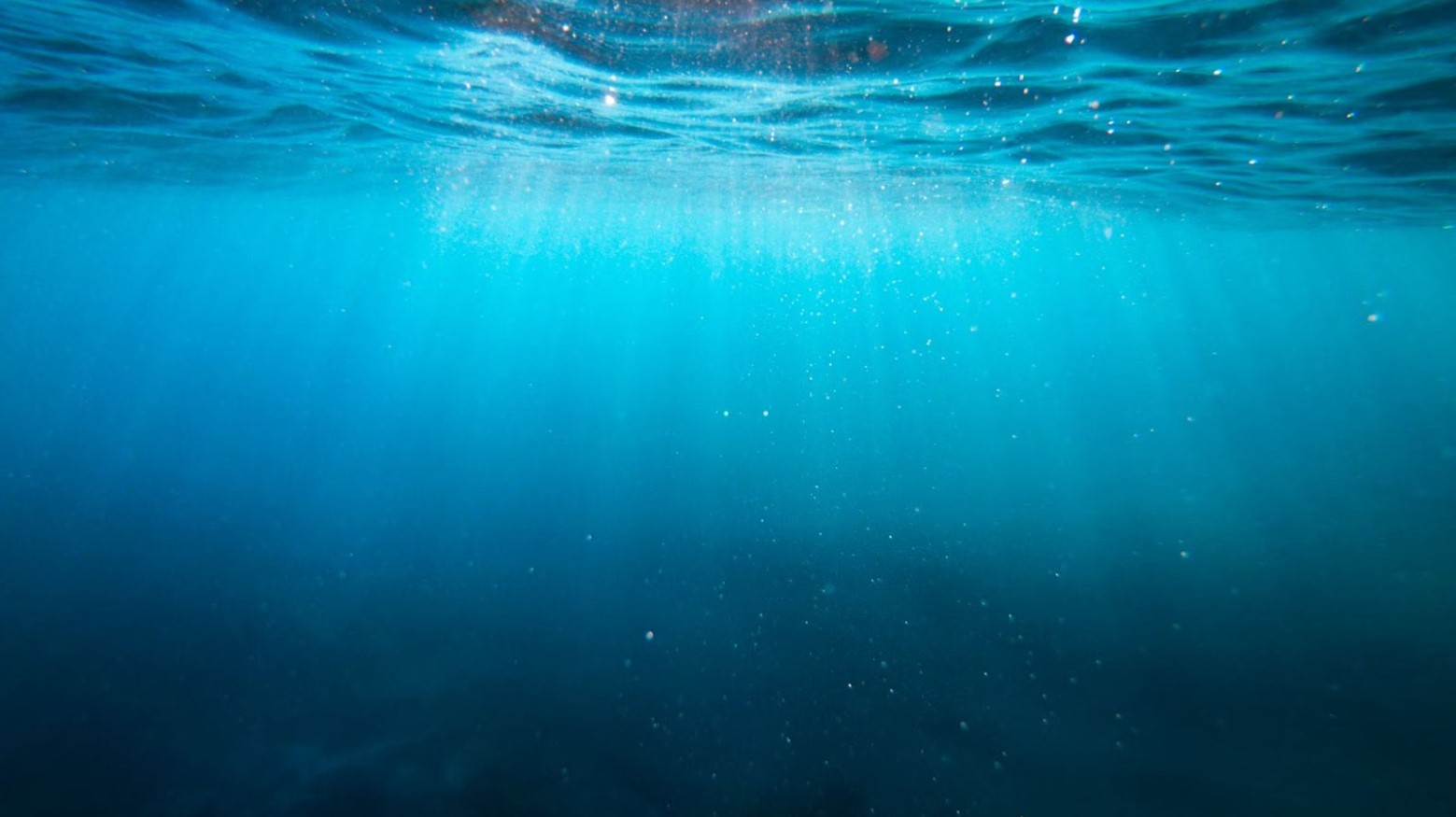
Despite the research stating otherwise, The Cool Down has reported that Japan claims its deep-sea mining efforts will be sustainable.
However, as little to no research exists on whether deep-sea mining is sustainable or how it can be made sustainable, this is highly unlikely.
Japan Is Searching for Three Types of Mineral Deposits
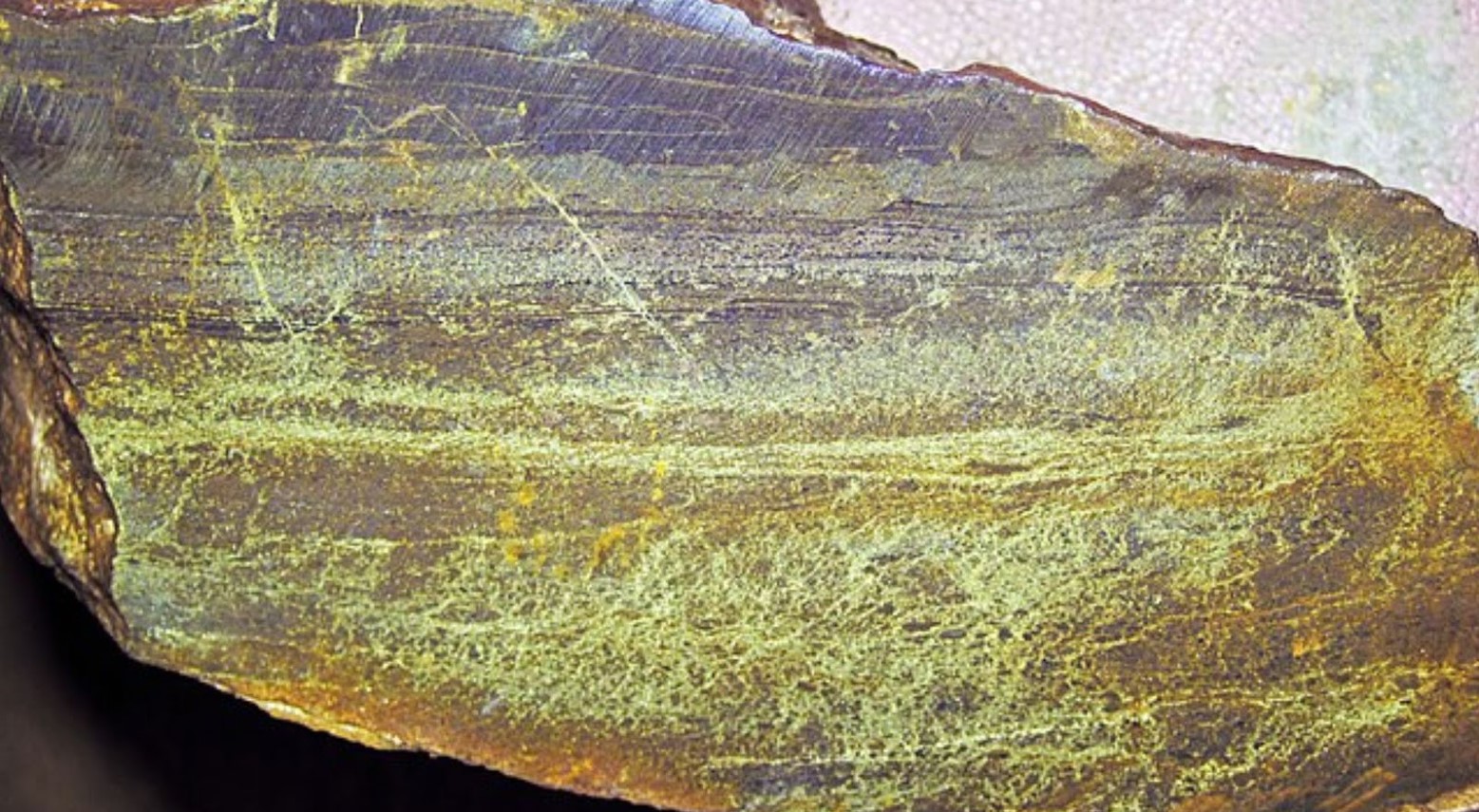
Japan plans to explore three types of mineral deposits as part of its deep-sea mining efforts.
According to Mongabay, this includes polymetallic sulfides, cobalt-rich crusts, and rare-earth mud.
Japan Isn’t the Only Country To Carry out Deep Sea Mining
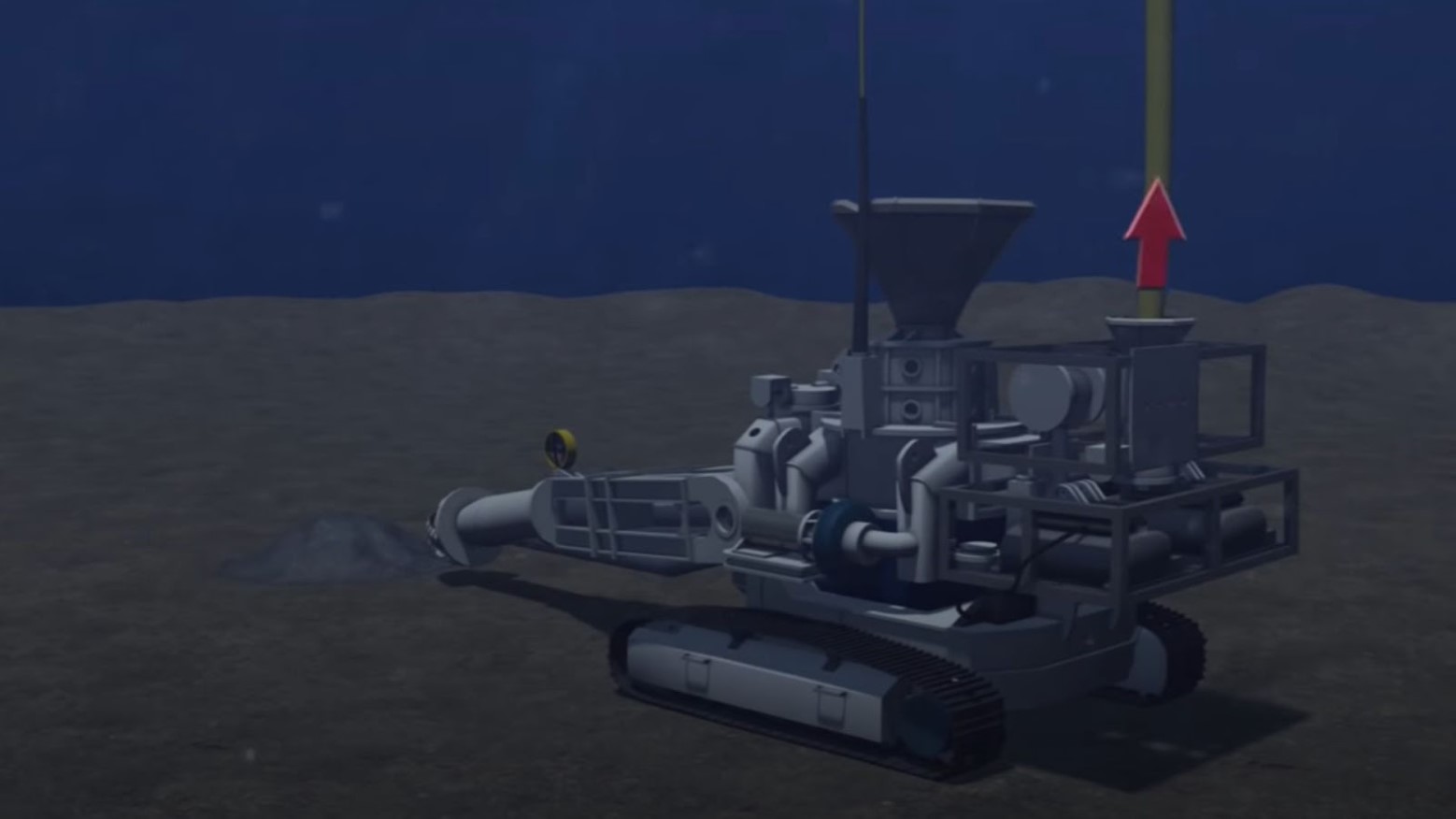
Japan isn’t the first country to look into deep-sea mining, as Papua New Guinea is also set to conduct deep-sea mining.
Even though the project was met with backlash, The Cool Down that it would proceed, much to the dismay of environmentalists.
Deep Sea Mining Causes Years of Damage
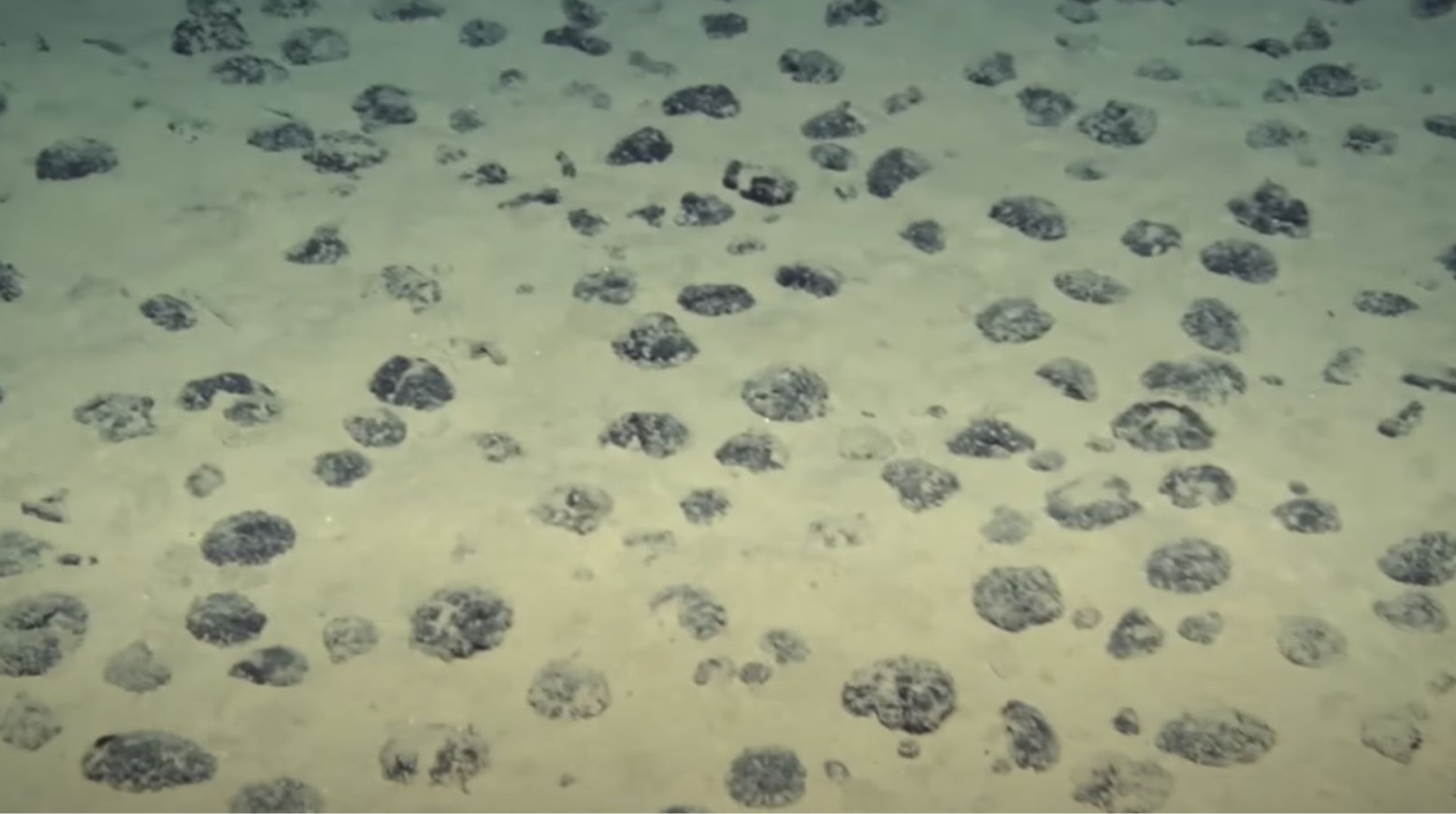
Japan first began testing deep sea mining in 2017, and its effects were studied for up to three years.
The study, published in ads, concluded that damage from the mining was still present three years later. This shows just some of the short-term effects deep sea diving has on the environment.
Sea Life Can Decline by 50%
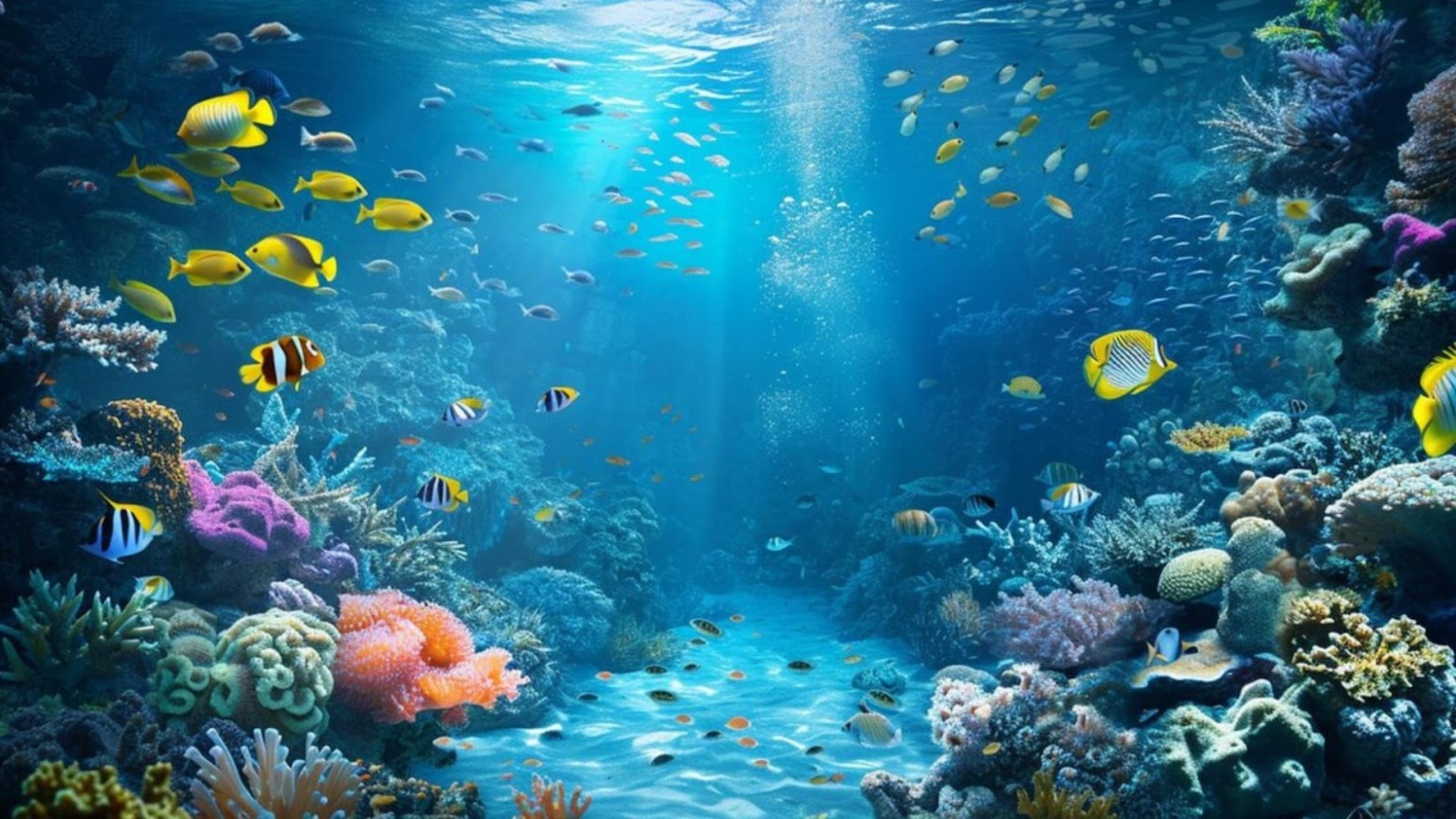
Another study on deep-sea mining, published in Current Biology, showed the decline in sea life caused by deep-sea mining.
The study found that numerous fish populations declined by up to 50%, showing the dangers deep sea mining poses to wildlife.
Other Countries Want to Ban Deep Sea Mining
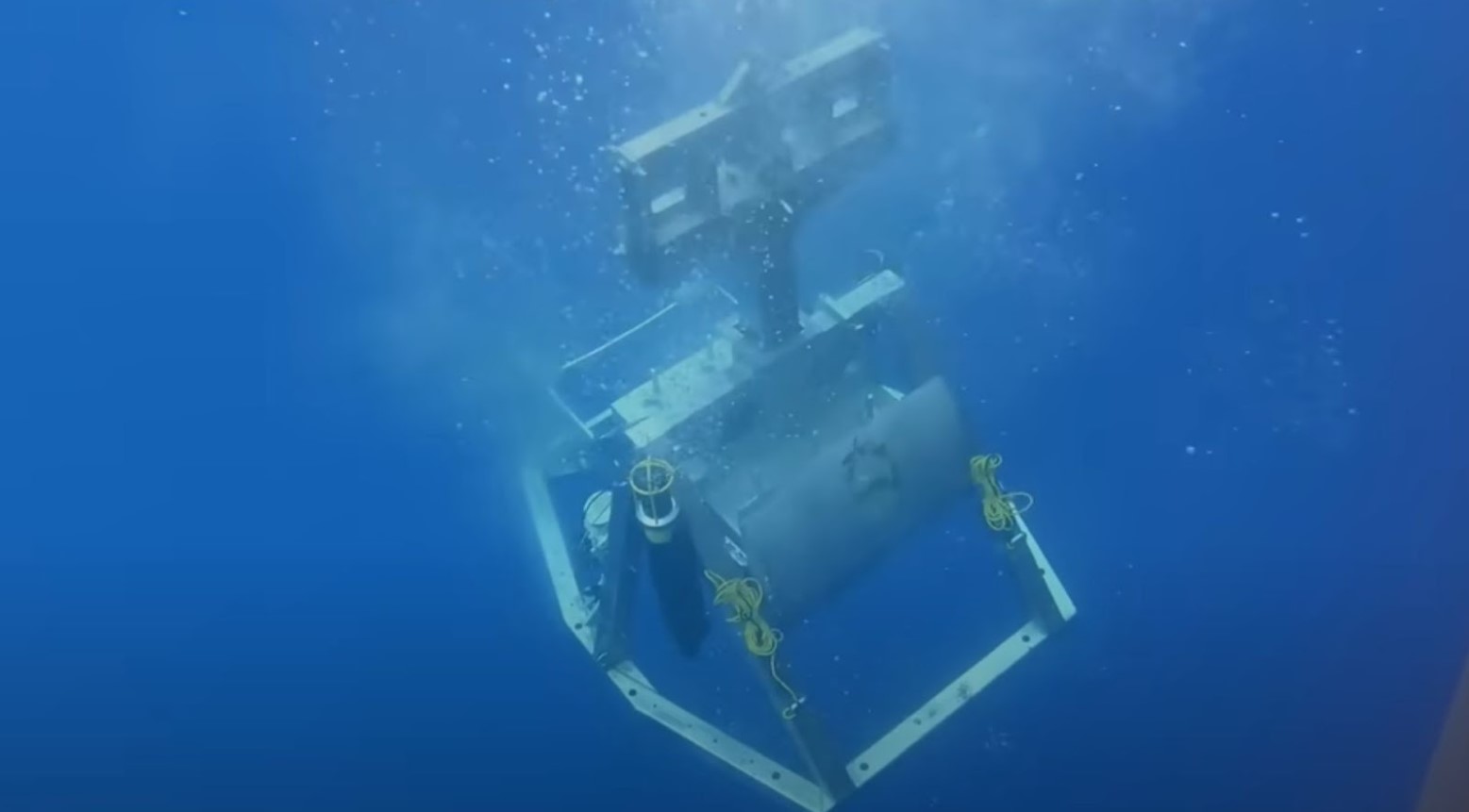
Despite Japan’s desire to proceed with deep-sea mining, other countries call for a complete ban.
The Deep Sea Conservation Coalition says that some countries that have taken a stand against deep-sea mining include the UK, Canada, Fiji, Samoa, Costa Rica, and Germany.
Japan’s 2007 Ocean Policy Act
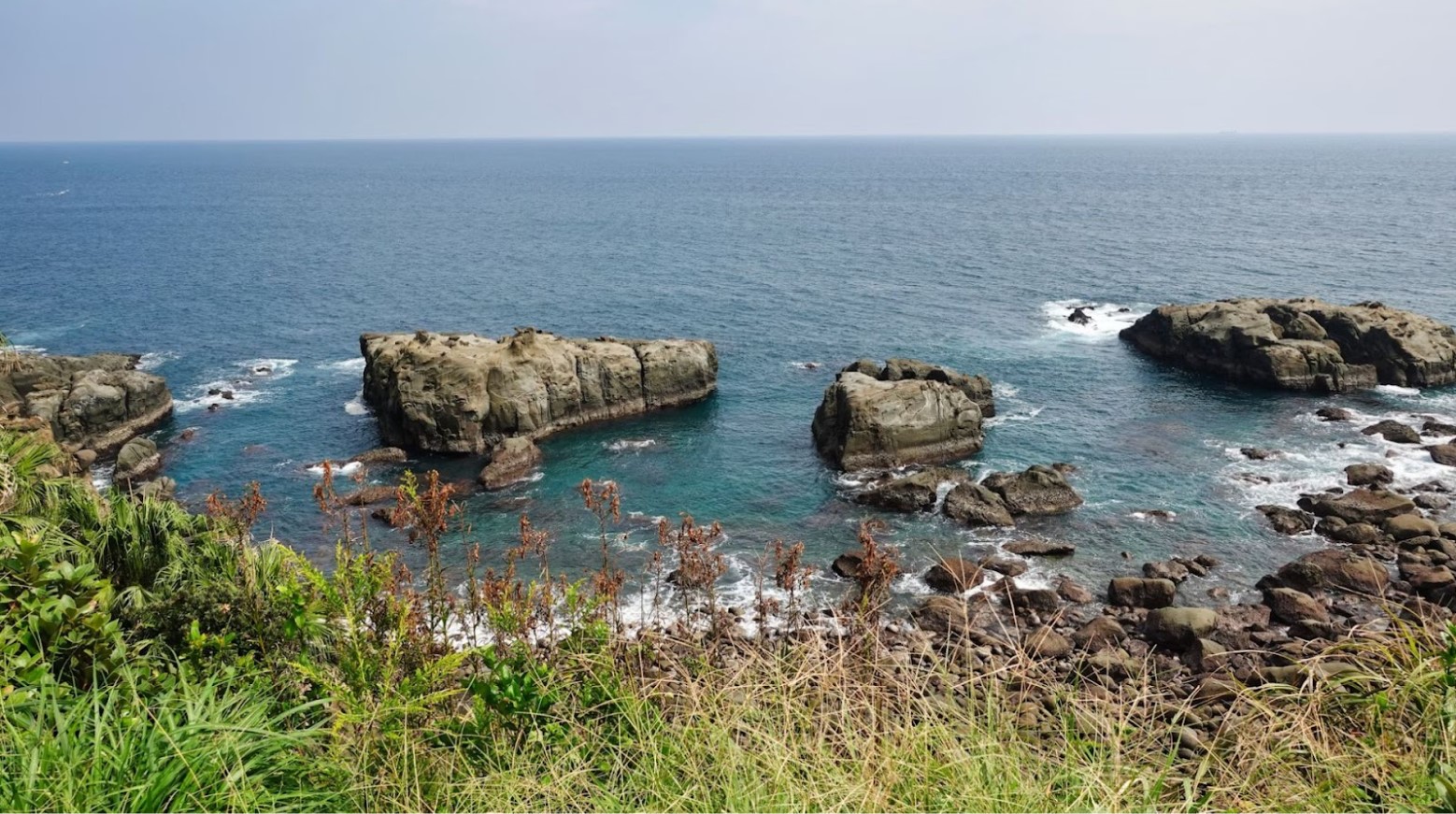
The idea of deep sea mining isn’t new to Japan, as they have been looking into this since 2007.
The Basic Act on Ocean Policy came into force in 2007 and was made to promote the use of minerals in the sea.
Ecologists Say Deep Sea Mining Is Risky
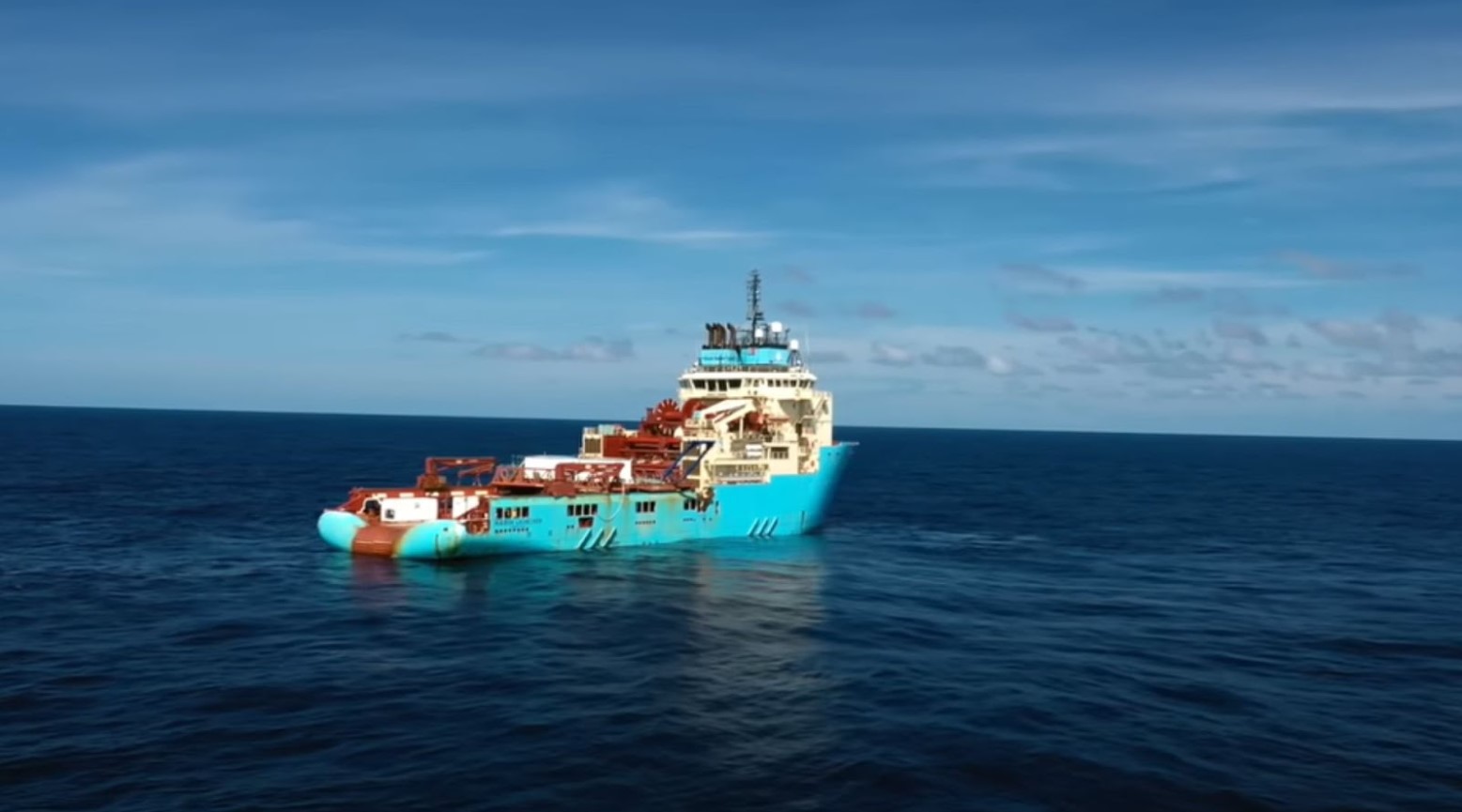
Due to the limited knowledge of deep-sea mining, ecologists have warned of the risks of this process.
The World Resources Institute has pointed out that deep-sea mining testing is still in its early stages, so further research is needed to understand the pros and cons before countries commit to it.
Ecosystems and Finances Are at Risk
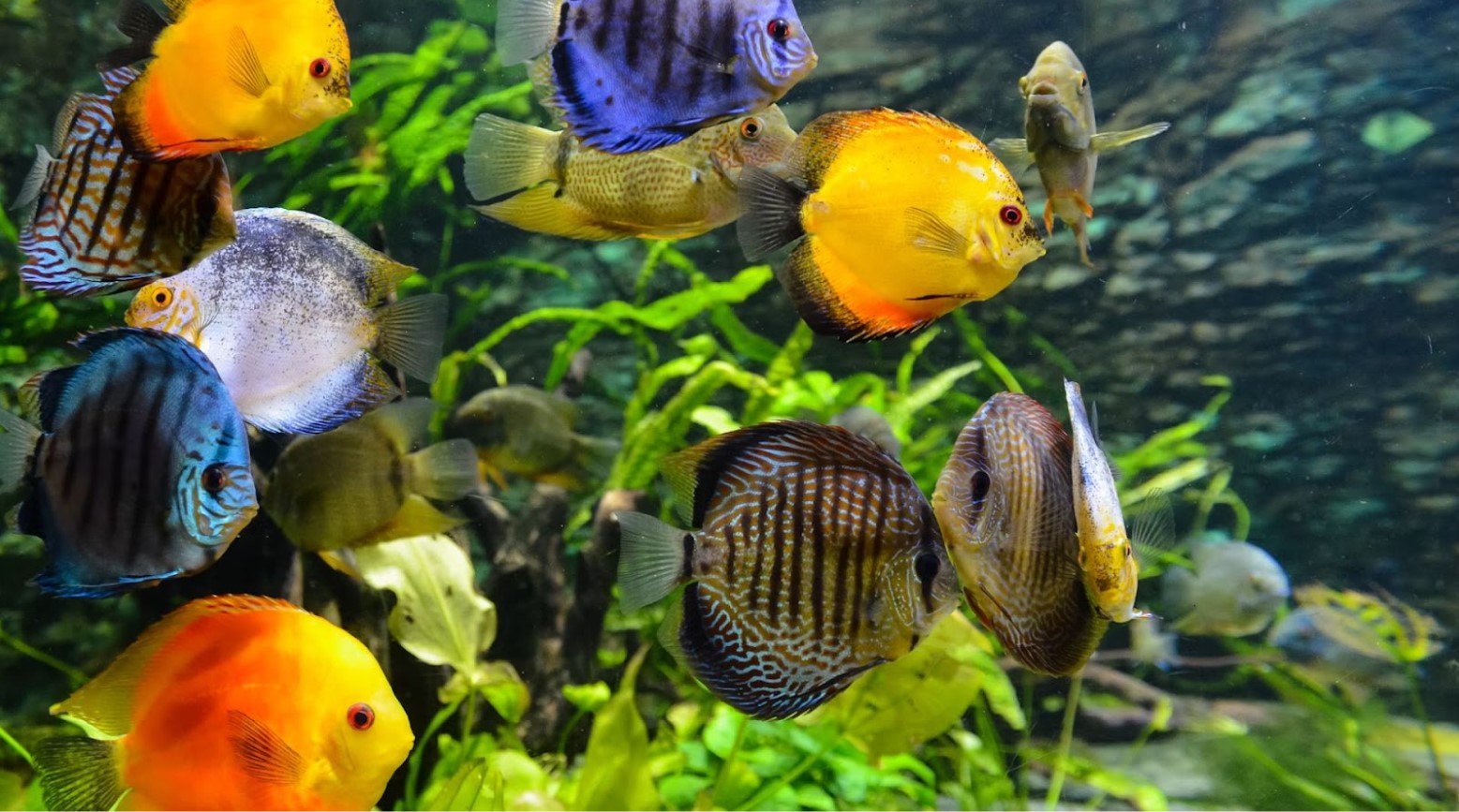
Time has reported that it’s not just the ecosystem that could be at risk, as mistakes made by deep-sea mining will be costly.
It is expected that if this goes wrong, it could cause trillions of dollars to fix.
There Are Plans To Stop Japan From Deep Sea Mining
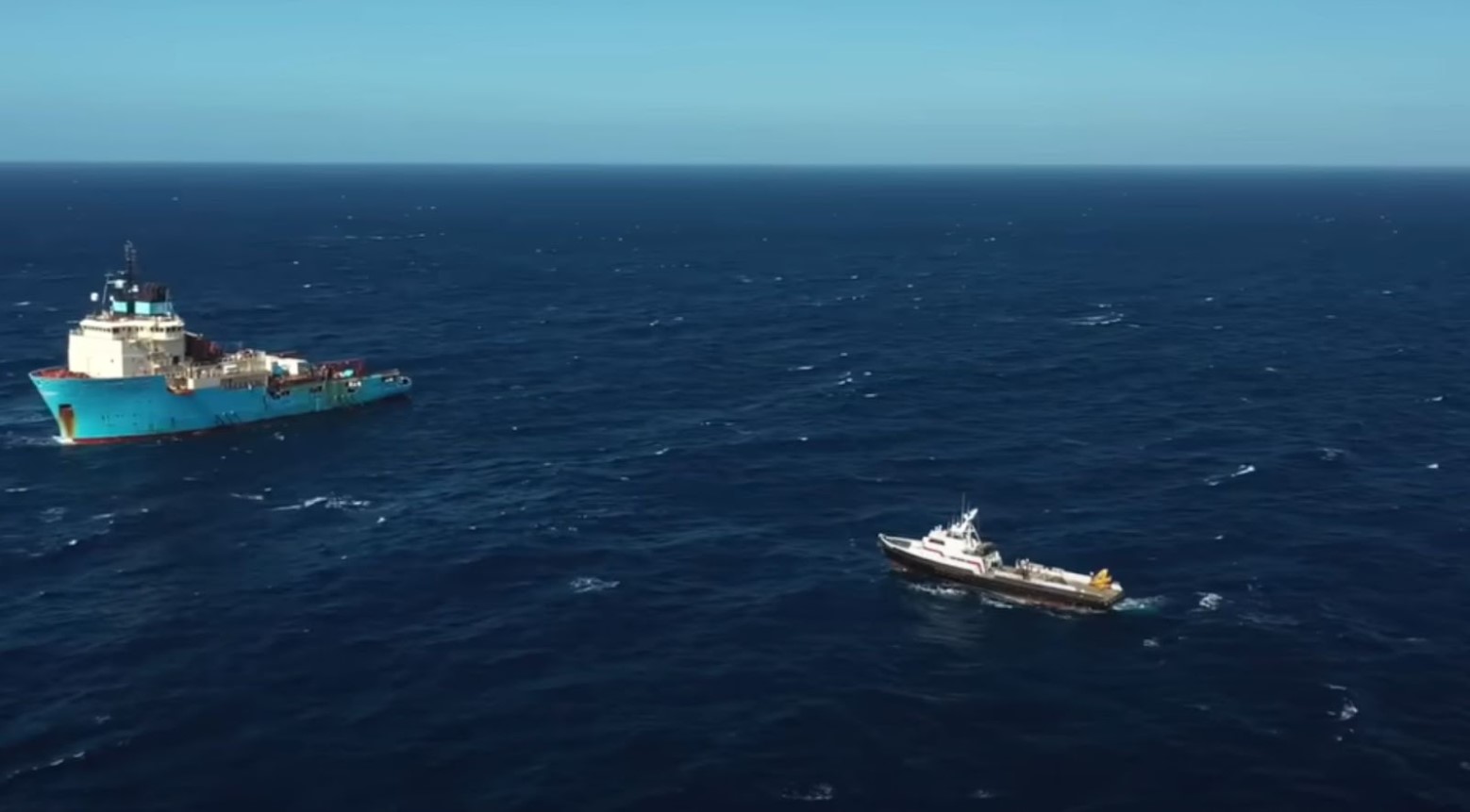
While Japan plans to storm ahead with deep-sea mining, others are trying to convince the Japanese government to stop.
These movements include signing petitions for a ban on deep-sea mining, banning companies from recruiting people for deep-sea mining projects and researching metal alternatives. Only time will tell whether Japan actually goes ahead with its plans or looks at alternative methods first.








































